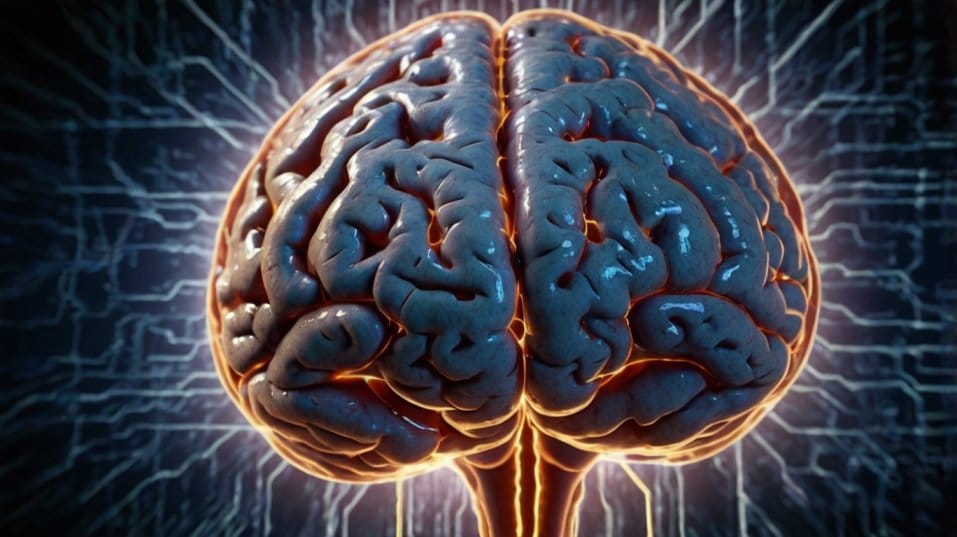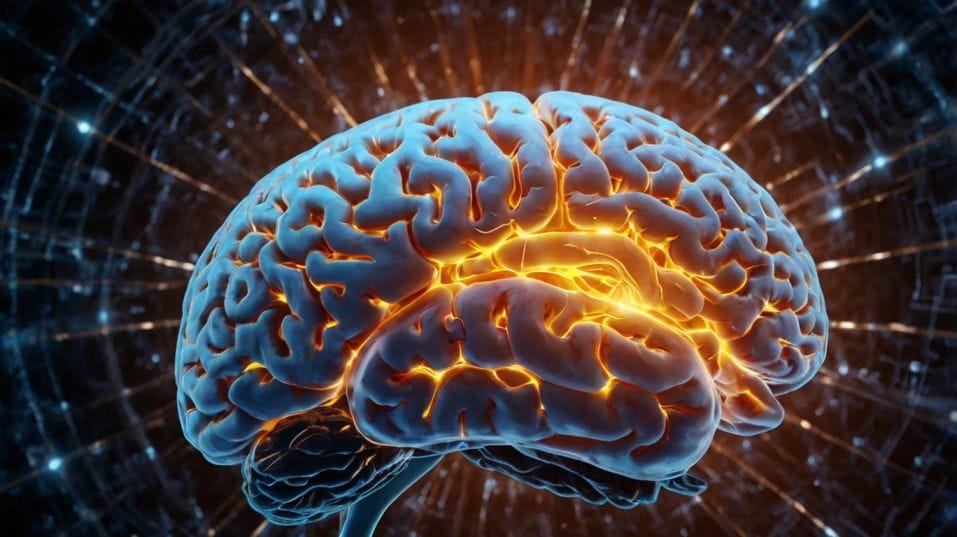How Mindfulness Reshapes Brain Structure for Higher Cognitive Function
Mindfulness physically reshapes the brain, boosting focus, memory, and emotional control. Learn how to rewire your mind for peak performance.

What if you could rewire your brain to think clearer, remember more, and stay calm under pressure? Mindfulness isn’t just a stress reliever—it reshapes neural pathways, strengthening focus, memory, and emotional control.
Studies show it enhances brain function in measurable ways, improving decision-making and mental resilience. If you want a sharper mind, it’s not about working harder. It’s about training your brain differently.
Neuroplasticity: The Brain’s Adaptability Engine
Your brain constantly reshapes itself based on experience—a process called neuroplasticity. Mindfulness supercharges this ability, reinforcing networks that support concentration, emotional regulation, and critical thinking.
MRI scans show that consistent practice increases gray matter density in areas tied to learning, memory, and self-awareness within just eight weeks.
This structural shift enhances cognitive flexibility, allowing you to switch between tasks with greater ease and process new information more effectively.
Studies suggest that the more you engage in mindfulness, the stronger these pathways become.
Neural connections supporting stress and reactivity weaken, while those tied to focus and clarity strengthen. It’s not just about being present—it’s about actively sculpting a more capable mind.
Prefrontal Cortex: The Control Center for Better Decisions
The prefrontal cortex governs focus, impulse control, and problem-solving. It’s responsible for executive function—the set of mental skills that help you plan, prioritize, and make sound decisions.
Mindfulness strengthens this region, leading to better cognitive flexibility, emotional intelligence, and strategic thinking.

Strengthening Executive Function
Research shows that meditation practitioners exhibit increased cortical thickness in this area, resulting in improved rational decision-making and greater resistance to cognitive decline.
A stronger prefrontal cortex means less reacting on impulse and more responding with clarity under pressure. This is especially valuable in high-stress work environments where quick yet thoughtful responses are crucial.
Amygdala: Turning Down the Stress Response
The amygdala—the brain’s built-in alarm system—shrinks with mindfulness, making stress triggers less overwhelming.
It’s the part of the brain that activates the fight-or-flight response, often causing knee-jerk reactions to stressors.
Studies show that long-term mindfulness practitioners have a less reactive amygdala, leading to lower stress hormone levels and an improved ability to stay composed in challenging situations.
Shifting from Survival Mode to Problem-Solving
By reducing reactivity, mindfulness helps shift the brain from survival mode to problem-solving mode.
This means you can approach difficult conversations, tight deadlines, or unexpected challenges with a clearer, more measured perspective instead of an automatic stress response.
Hippocampus: The Memory and Learning Booster
This part of the brain is key for memory and learning. Meditation increases its volume, enhancing recall and problem-solving.
For professionals juggling complex projects, this means retaining information faster and making smarter connections.
A well-developed hippocampus supports better comprehension, faster processing of new data, and improved long-term memory.
Enhancing Emotional Resilience
Beyond memory retention, a stronger hippocampus is also linked to emotional resilience. By reinforcing this region, mindfulness equips you to navigate setbacks with greater ease, reducing anxiety and enhancing overall mental well-being.
Reshaping Your Brain with Mindfulness in Action
Mindfulness isn’t just a theory—it’s a practice that actively strengthens neural pathways over time. But transformation doesn’t require hours of meditation. Small, intentional habits can create lasting cognitive change.
Small but Frequent Practices Build Lasting Change
You don’t need an hour-long session. Micro-practices—like pausing for deep breaths before meetings, fully focusing while drinking coffee, or a five-minute body scan—reinforce neural pathways.
Frequency matters more than duration. Neuroscientists have found that even a few minutes of mindfulness per day can trigger positive structural changes in the brain over time.
Deep Work Training for Sustained Focus
Set a timer for distraction-free work sprints. Each time your mind drifts, gently refocus. This conditions attention networks, making deep focus second nature instead of a struggle.
By strengthening the brain's ability to sustain attention, mindfulness enhances productivity and minimizes cognitive fatigue.
Mindful Pauses Improve Decision-Making
Before firing off an email or jumping into a tough conversation, take a conscious breath. This small shift activates the prefrontal cortex, replacing reactive responses with clear-headed choices.
Studies show that professionals who integrate mindfulness into their workflow report better problem-solving abilities and more effective leadership skills.
Sensory Awareness Breaks Mental Autopilot
Grounding yourself in physical sensations—your breath, the weight of your body, surrounding sounds—sharpens cognitive control.
This habit pulls you into the present, reducing distraction and mental fog. Regular sensory awareness practices enhance self-regulation, making it easier to maintain composure in high-pressure situations.
Long-Term Brain Health and Resilience
Beyond immediate cognitive boosts, mindfulness contributes to long-term brain health. Research suggests that regular mindfulness practice slows age-related brain atrophy and supports neurogenesis—the formation of new neurons.
This means greater mental agility, improved emotional well-being, and a reduced risk of neurodegenerative diseases like Alzheimer’s.
Final Thoughts
Mindfulness isn’t just relaxation—it’s cognitive training that rewires your brain for sharper thinking, stronger focus, and greater resilience.
Your neural architecture is built by what you do daily. Start now. Before your next task, take a mindful breath. With each small practice, you're actively shaping a more capable and resilient mind. Your brain will notice the difference.




